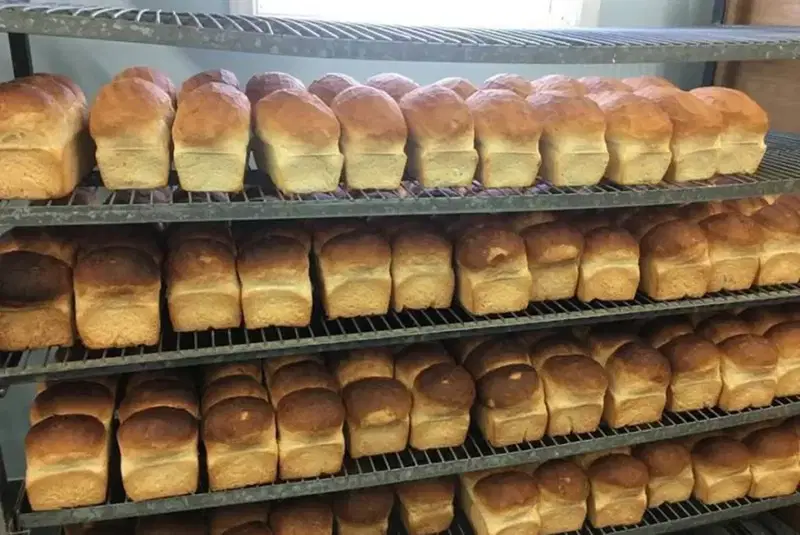
The price of bread in Nigeria continues to soar, with industry operators warning that the trend may persist as key cost drivers remain unaddressed. Bakers and flour millers have attributed the price hikes to a range of factors, including increased production costs, rising prices of imported wheat, and the impact of inflation.
A recent analysis revealed that the combined cost of production for the three largest companies in the sector increased by 45%, reaching N2.2 trillion in 2023, up from N1.5 trillion in 2022. Despite these rising costs, the companies have also seen a significant rise in revenue. Their combined turnover jumped 47.2% to N2.5 trillion in the same period, suggesting that consumers are bearing the brunt of the rising costs.
One of the key issues driving the increase in bread prices is Nigeria’s heavy dependence on imported wheat. Currently, the country produces less than 1% of its wheat needs, while local consumption has increased by over 40% in the past decade. Flour, a major component of bread, has seen steady price increases as a result, placing further pressure on bakers.
Additional challenges cited by industry players include high exchange rates, scarcity of foreign exchange, rising fuel and transportation costs, and inadequate infrastructure. Comrade Mike Olanrewaju, General Secretary of the National Union of Food Beverage & Tobacco Employees (NUFBTE), noted that these factors have created a complex environment for manufacturers. He also highlighted the ongoing insecurity in wheat-producing regions and competition from imported flour as contributing factors.
Retail prices for bread have risen far above the inflation rate. Premium bread is now selling for an average of N2,500 for a large loaf, a 51.5% increase year-on-year, compared to an inflation rate of 32.15%. Prices for lower-income categories of bread have risen even faster, with some loaves now costing N1,500, representing a 76.5% increase over the past year.
President of the Premium Bread Makers Association of Nigeria (PBAN), Engr. Emmanuel Onuorah, explained that flour alone accounts for about 60% of the cost of producing bread, with other ingredients like sugar, yeast, and margarine also experiencing steep price hikes. Onuorah expressed concern over the government’s failure to provide relief to the industry, calling for measures such as single-digit interest loans and the use of the wheat development levy to boost local production.
While bakers struggle to cope with these rising costs, major flour milling companies, such as Flour Mills of Nigeria (FMN), have reported strong financial results. FMN, a market leader, posted a 49% rise in revenue, reaching N2.3 trillion for the year ending March 31, 2024, with a gross profit of N272 billion.
Despite the challenges, millers like FMN continue to optimize costs and expand their product offerings, but they acknowledge that the situation remains precarious for smaller players and consumers alike. Without meaningful intervention, the rising costs of production are expected to continue driving bread prices upward, affecting millions of Nigerians who rely on the staple food.






